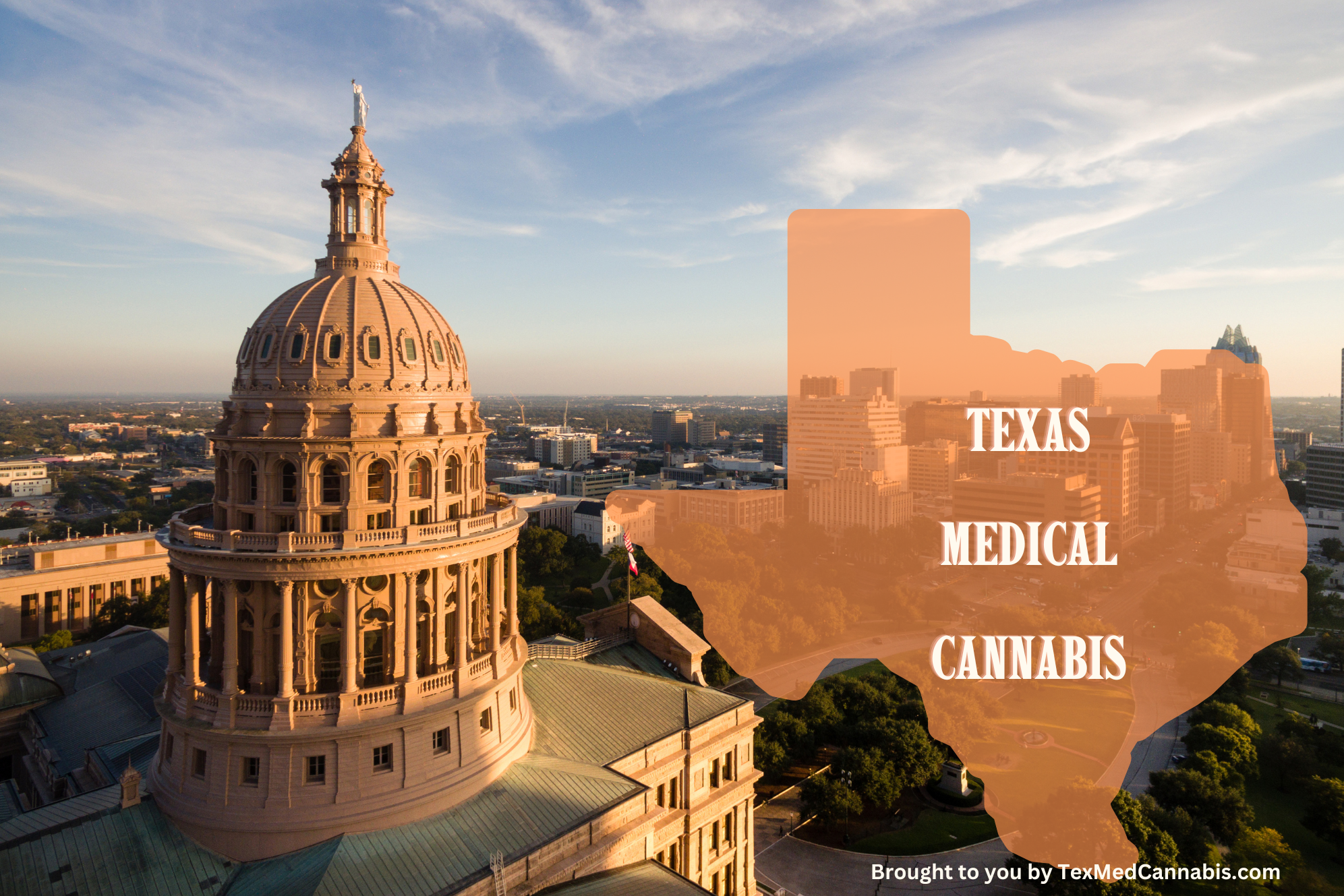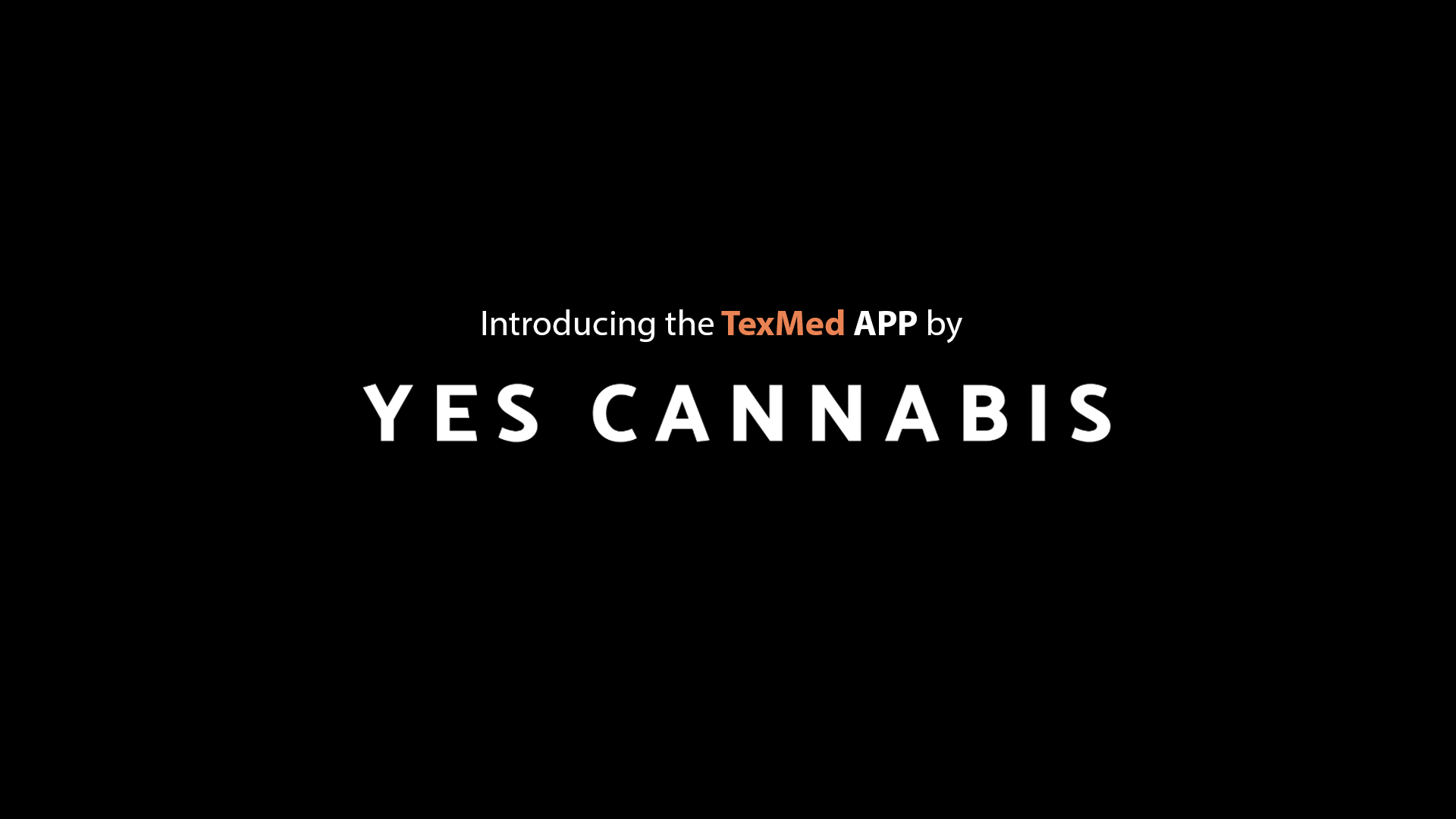NEWS & INSIGHTS
Welcome to the Yes Cannabis blog, your source for the latest news, updates, and insights into the rapidly evolving world of cannabis. As the legalization of cannabis continues to expand across the United States and around the world, our blog aims to provide you with accurate and up-to-date information on the many facets of this industry. Sign up for our newsletter and enjoy exciting content on everything from industry trends and new products to legal developments and social issues related to cannabis.
RECENT POSTS
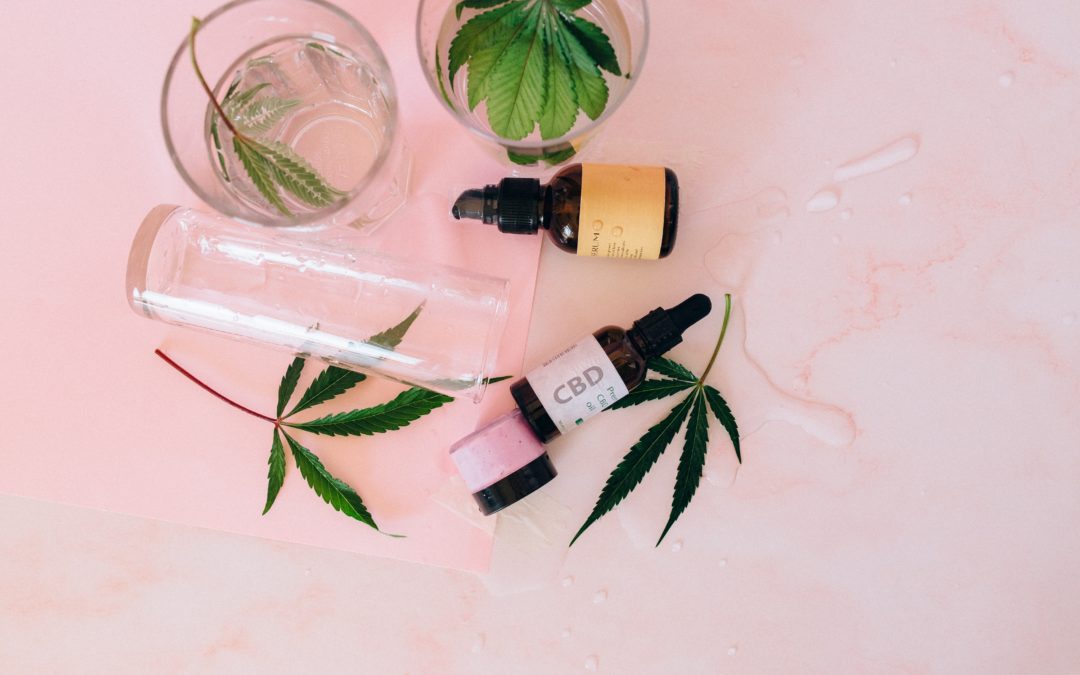


Missouri Division of Cannabis Regulation Initiates Recall of 62,000 Cannabis Products: An In-Depth Look at the Delta Extraction Case and Industry Lessons
The Missouri Division of Cannabis Regulation (DCR) has recently taken a significant step in the cannabis industry by issuing a recall of more than 62,000 cannabis products manufactured by Delta Extraction, LLC. The reason behind this recall lies in the fact that these products were not being compliantly tracked in the statewide track and trace system known as METRC. This failure to adhere to tracking protocols created a situation where the DCR could not verify the origins of these products – whether they were sourced from marijuana cultivated within Missouri and had undergone the necessary testing procedures.
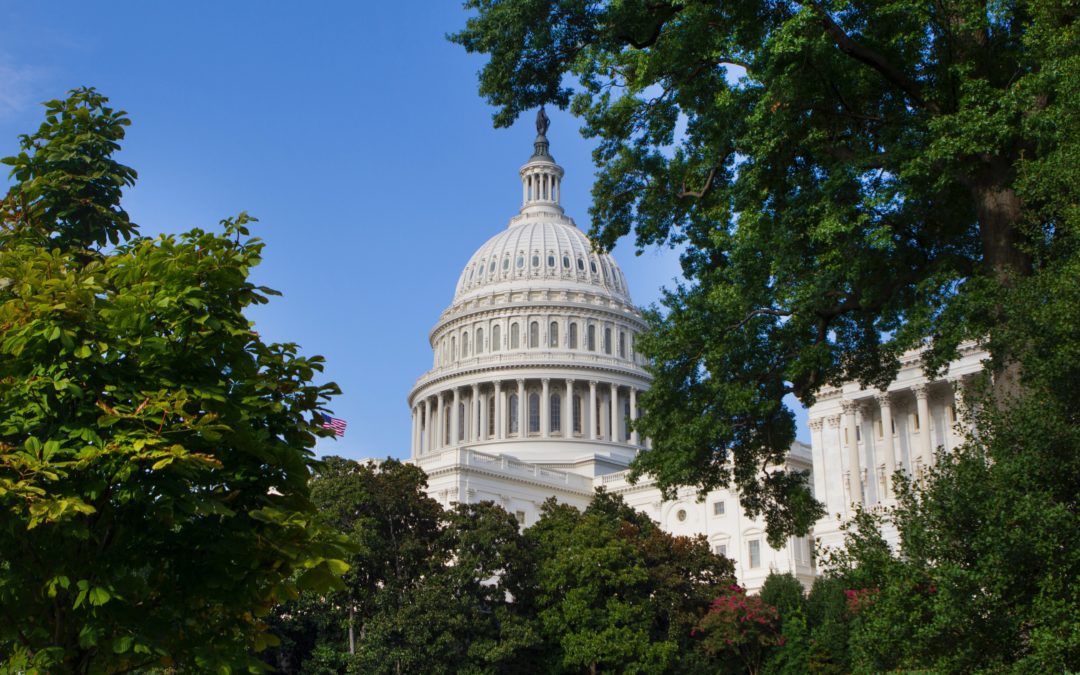

Revolutionary Shift: US Health Department Proposes Reclassifying Marijuana from Schedule I to Schedule III
In a groundbreaking move that has the potential to reshape the landscape of cannabis regulations, the U.S. Department of Health and Human Services (HHS) has taken a bold step by formally recommending the reclassification of marijuana from Schedule I to Schedule III under federal law. This historic decision signifies a seismic shift in perspective, indicating that the nation’s premier health agency no longer views cannabis as a substance with high abuse potential and zero medical value.
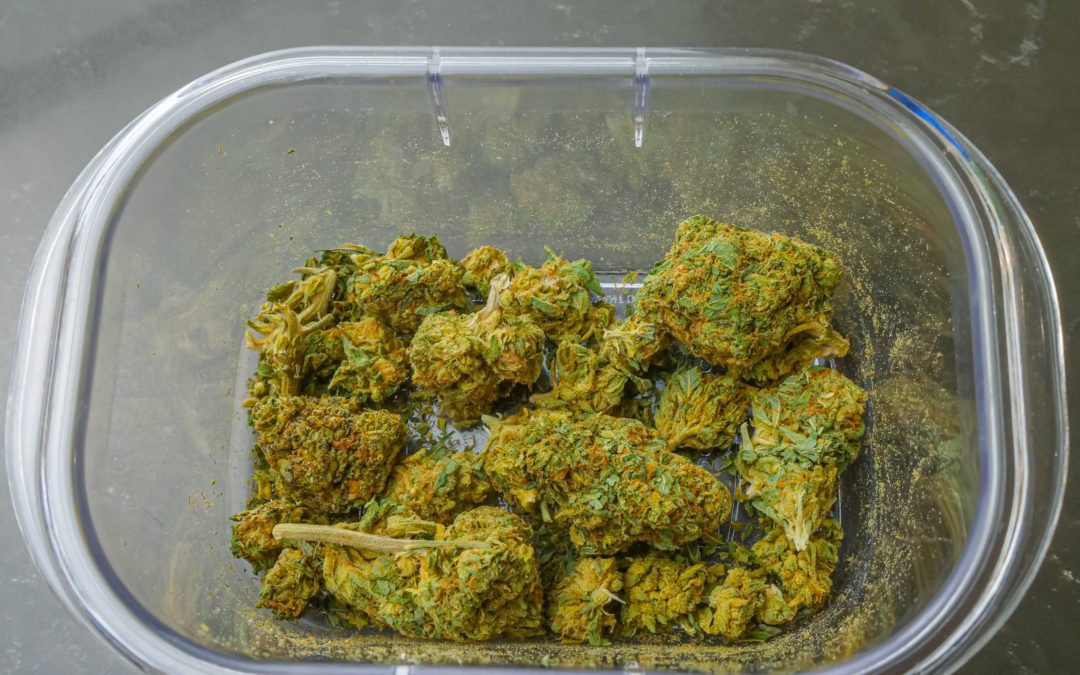

Challenges in California’s Legal Marijuana Industry: High Costs and Compliance Hurdles
California’s legal marijuana industry is facing significant challenges, with high taxes and regulatory obstacles driving entrepreneurs towards the illicit market, according to the state’s Attorney General Rob Bonta. In a recent event held in Fresno, Bonta highlighted the excessive barriers to entry and operational costs as major roadblocks for businesses operating within the legal framework. He suggested that temporary tax reductions could be beneficial to ease the burden on legitimate operators.



Unveiling the Midwest: Exploring Cannabis Legalization and Consumer Behavior
Can it find acceptance in Peoria? This quintessential American question examines the likelihood of a new trend, behavior, or occurrence gaining widespread approval. The term “Peoria” refers to the city in Illinois and embodies the notion that if a concept gains traction in the Midwest, it attains a mainstream status. When the wave of cannabis legalization emerged in 2012, it primarily took root in predictable locales – the coasts. Early victories for legalization in states like Colorado, Oregon, Washington, and Maine were not unexpected, given their reputation for a blend of progressive and Libertarian-leaning politics. However, the real question lingered: When would this movement extend to the Heartland? The answer arrived in 2018, when Michigan became the first Midwestern state to endorse adult-use legalization. With progressive pockets such as Ann Arbor and the presence of an urban hub like Detroit, Michigan might have been perceived as an outlier. Subsequently, Illinois followed suit in 2020, and to the astonishment of many, Missouri in 2022. The latest addition to this Midwestern lineup is Minnesota, with its recent introduction of an adult-use cannabis initiative. Ohio aims to place a similar measure on the ballot in 2024. As for Iowa, Indiana, and Wisconsin? The prospect appears remote.
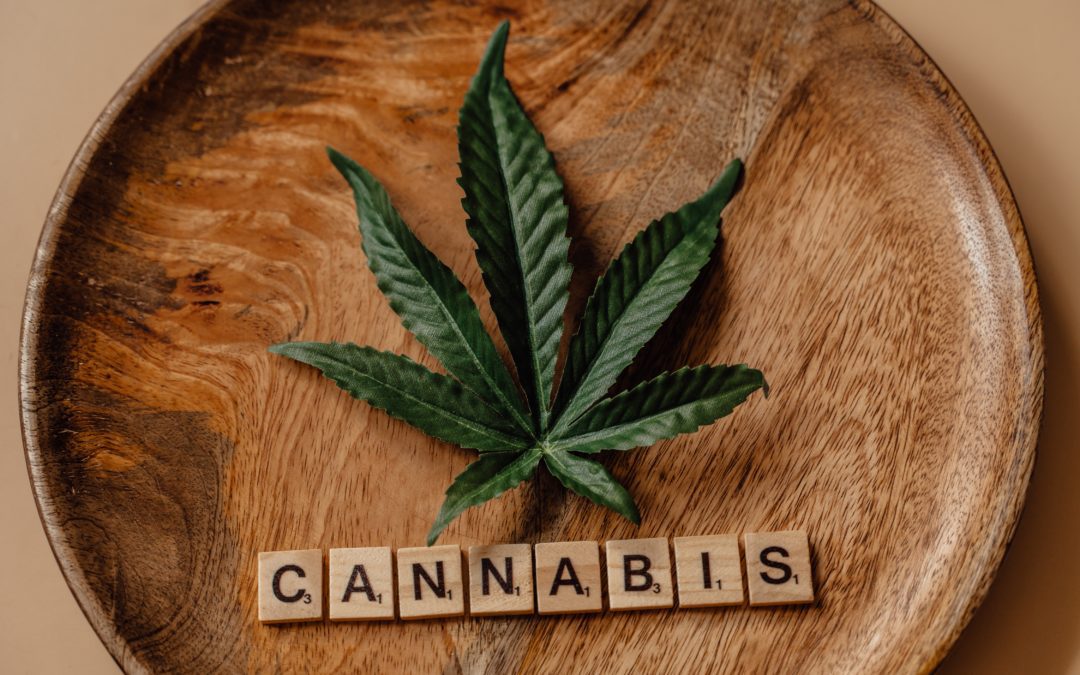

Growing Acceptance and Concerns: Cannabis Usage Trends in the US
In a recent survey, half of Americans indicated that they have experimented with marijuana, sparking concerns about the implications of the rapid legalization of cannabis across the country. The findings highlight a potential increase in usage, particularly among young adults.


Arkansas Medical Cannabis Sales Poised for Record Year with $23.2 Million in July
The trajectory of medical cannabis sales in Arkansas continues to set new records, with transactions in the state soaring to $23.2 million in July. This robust performance propels the total sales of medical marijuana in Arkansas for the initial seven months of 2023 to an impressive $164.6 million. Remarkably, this figure surpasses the corresponding period’s sales from the previous year by a substantial margin of $7.3 million, as reported by Fayetteville TV station KNWA.


Alabama Medical Cannabis Commission Makes Second Attempt to Grant Business Licenses
The Alabama Medical Cannabis Commission convened on Thursday for a renewed effort to allocate licenses to companies vying for participation in the state’s burgeoning medical cannabis industry.
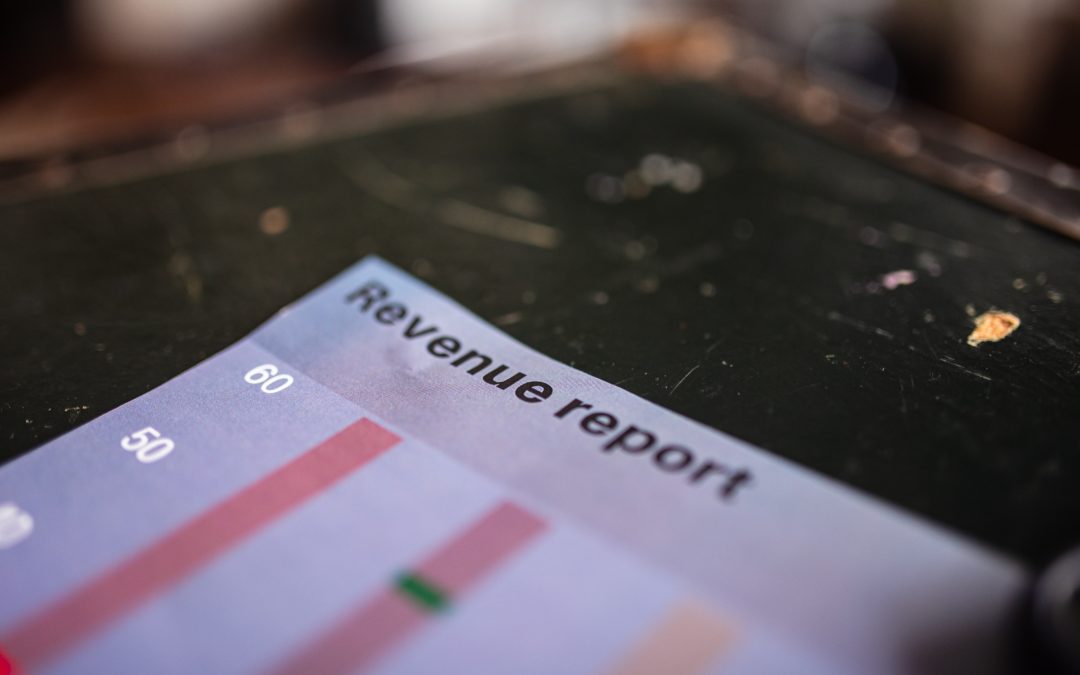

New Jersey’s Cannabis Tax Revenue Alleviates Violence with $5 Million for Prevention Efforts
In a remarkable step towards promoting community safety and well-being, New Jersey’s state program, initiated in 2021, continues to make strides by allocating $15 million to bolster Community-Based Violence Intervention (CBVI) programs. Governor Phil Murphy and Attorney General Matthew J. Platkin unveiled this groundbreaking initiative, which earmarks a portion of its funding from the cannabis tax revenue, aimed at supporting community-led organizations committed to violence prevention.



Cannabis Industry Insights: Navigating Legalization, Market Growth, and Emerging Trends
Setting the stage, it’s important to note that 24 U.S. states have legalized both Adult-Use and Medical-Use cannabis, 16 states have sanctioned Medical-Use exclusively, and 11 states maintain no legal cannabis market whatsoever. This translates to nearly 75% of Americans, roughly 250 million individuals, residing in states with varying degrees of access to high-THC legal cannabis. According to New Frontier Data’s analysis, the U.S. cannabis market’s legal sales were estimated at approximately $30 billion in 2022, and projections indicate they are poised to surpass $35 billion in 2023.


South Dakota’s Medical Cannabis Program Surpasses Expectations, Raises Concerns
South Dakota’s foray into medical cannabis has far exceeded its initial projections, with the issuance of medical cannabis cards doubling the expected numbers. Since the program’s launch in 2021, the South Dakota Department of Health has issued approximately 11,500 medical cannabis cards, significantly surpassing the original projection of 6,000 cards to be issued by 2024.



Missouri Division of Cannabis Regulation Initiates Recall of 62,000 Cannabis Products: An In-Depth Look at the Delta Extraction Case and Industry Lessons
The Missouri Division of Cannabis Regulation (DCR) has recently taken a significant step in the cannabis industry by issuing a recall of more than 62,000 cannabis products manufactured by Delta Extraction, LLC. The reason behind this recall lies in the fact that these products were not being compliantly tracked in the statewide track and trace system known as METRC. This failure to adhere to tracking protocols created a situation where the DCR could not verify the origins of these products – whether they were sourced from marijuana cultivated within Missouri and had undergone the necessary testing procedures.



Unveiling the Midwest: Exploring Cannabis Legalization and Consumer Behavior
Can it find acceptance in Peoria? This quintessential American question examines the likelihood of a new trend, behavior, or occurrence gaining widespread approval. The term “Peoria” refers to the city in Illinois and embodies the notion that if a concept gains traction in the Midwest, it attains a mainstream status. When the wave of cannabis legalization emerged in 2012, it primarily took root in predictable locales – the coasts. Early victories for legalization in states like Colorado, Oregon, Washington, and Maine were not unexpected, given their reputation for a blend of progressive and Libertarian-leaning politics. However, the real question lingered: When would this movement extend to the Heartland? The answer arrived in 2018, when Michigan became the first Midwestern state to endorse adult-use legalization. With progressive pockets such as Ann Arbor and the presence of an urban hub like Detroit, Michigan might have been perceived as an outlier. Subsequently, Illinois followed suit in 2020, and to the astonishment of many, Missouri in 2022. The latest addition to this Midwestern lineup is Minnesota, with its recent introduction of an adult-use cannabis initiative. Ohio aims to place a similar measure on the ballot in 2024. As for Iowa, Indiana, and Wisconsin? The prospect appears remote.



Cannabis Industry Insights: Navigating Legalization, Market Growth, and Emerging Trends
Setting the stage, it’s important to note that 24 U.S. states have legalized both Adult-Use and Medical-Use cannabis, 16 states have sanctioned Medical-Use exclusively, and 11 states maintain no legal cannabis market whatsoever. This translates to nearly 75% of Americans, roughly 250 million individuals, residing in states with varying degrees of access to high-THC legal cannabis. According to New Frontier Data’s analysis, the U.S. cannabis market’s legal sales were estimated at approximately $30 billion in 2022, and projections indicate they are poised to surpass $35 billion in 2023.


Navigating the Path to Stability: Receivership as an Alternative to Bankruptcy for Struggling Cannabis Businesses
As the cannabis industry continues to experience rapid growth and profit potential, businesses operating within this space face unique challenges and complexities. Financial distress may strike even the most promising cannabis enterprises, leaving them searching for viable solutions beyond traditional bankruptcy protection. In such cases, receivership emerges as an equitable remedy—a legal process that empowers a court-appointed receiver to take control of a distressed business. In this article, we will delve into what receivership entails and explore its significance as an alternative to bankruptcy for struggling cannabis companies.
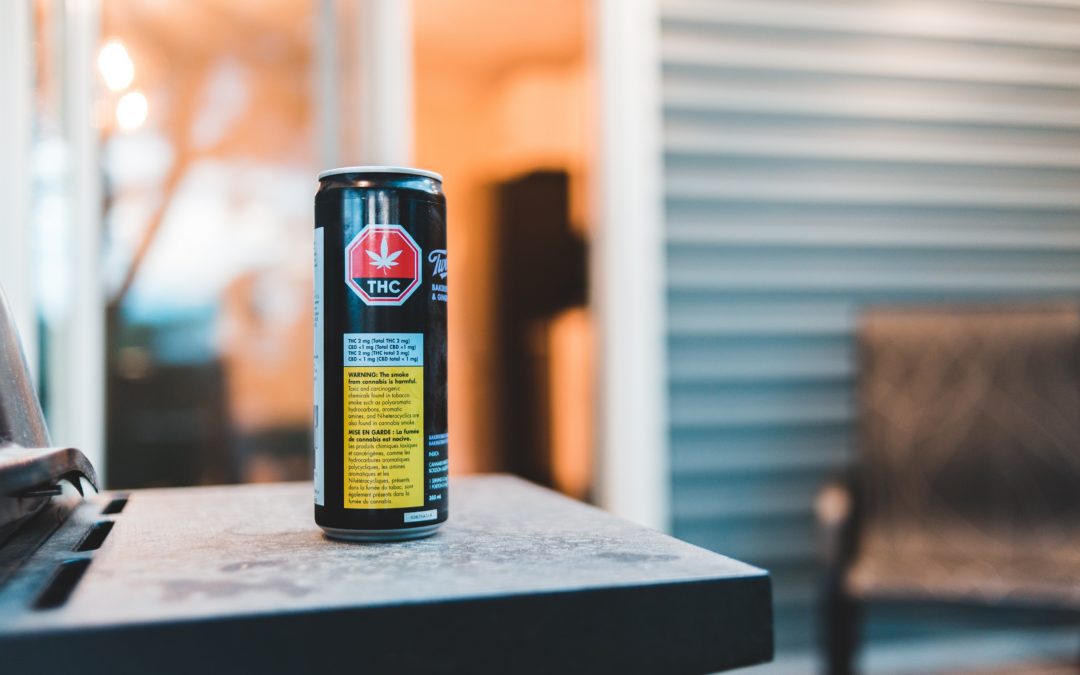

Elevating Cannabis Brands: The Path to Luxury Through Sensory Science and Consumer-Accessible Branding
Cannabis brands are currently at a crossroads, faced with a critical decision: whether to steer their product towards becoming a luxury consumable or an affordable agricultural commodity. While the trajectory of the cannabis market seems destined to evolve into a luxury goods industry, akin to wine and spirits, the foundations of such luxury brands in other markets were built over years of engagement between consumers, connoisseurs, and producers. To successfully market cannabis products as luxury items, a concerted effort towards well-defined, consumer-accessible branding is required.
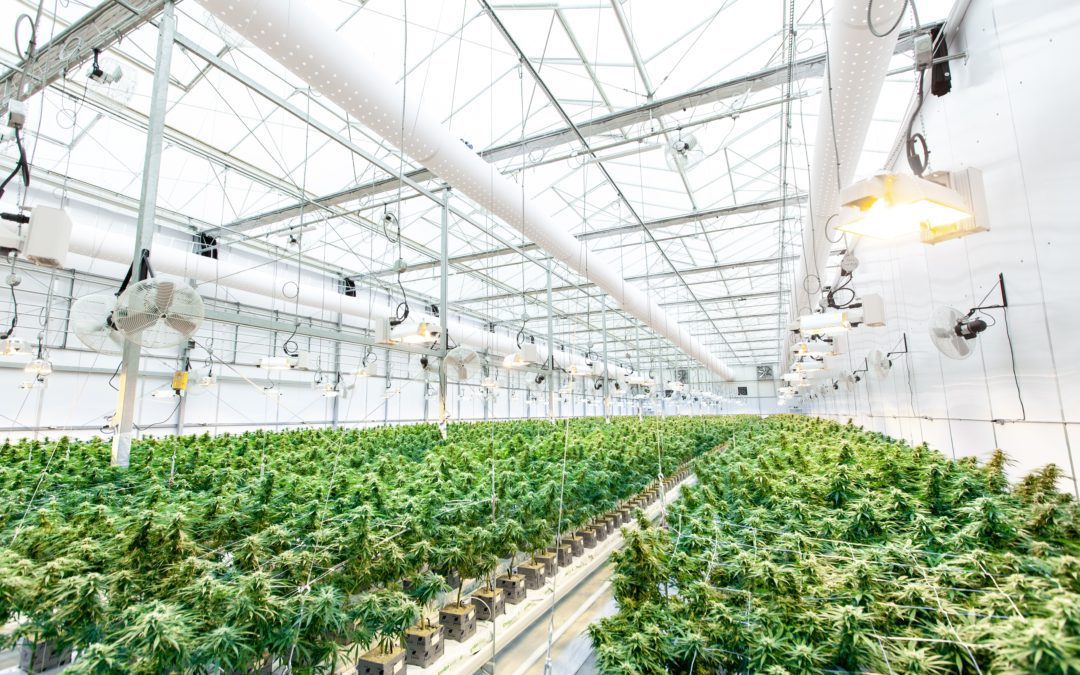

Cannabis Growers in Arizona: Nurturing the Green Industry
The legalization of cannabis for medicinal and recreational use has opened up new opportunities for entrepreneurs and cultivators across the United States. One state that has experienced a significant shift in its cannabis industry is Arizona. With the passing of Proposition 207 in 2020, which legalized recreational marijuana, the demand for cannabis products has surged, leading to a flourishing market. This article delves into the world of cannabis growers in Arizona, exploring the cultivation process, economic impact, regulations, and the challenges and opportunities that arise in this dynamic industry.


How California’s Delivery Services Are Redefining the Retail Industry
The retail industry has undergone a significant transformation over the past few years, and one of the biggest drivers of this change has been the rise of e-commerce and delivery services. As consumers increasingly turn to online shopping, companies are finding new ways to deliver goods to customers quickly and efficiently. California has been at the forefront of this trend, with delivery services like YesDelivery redefining the retail industry.
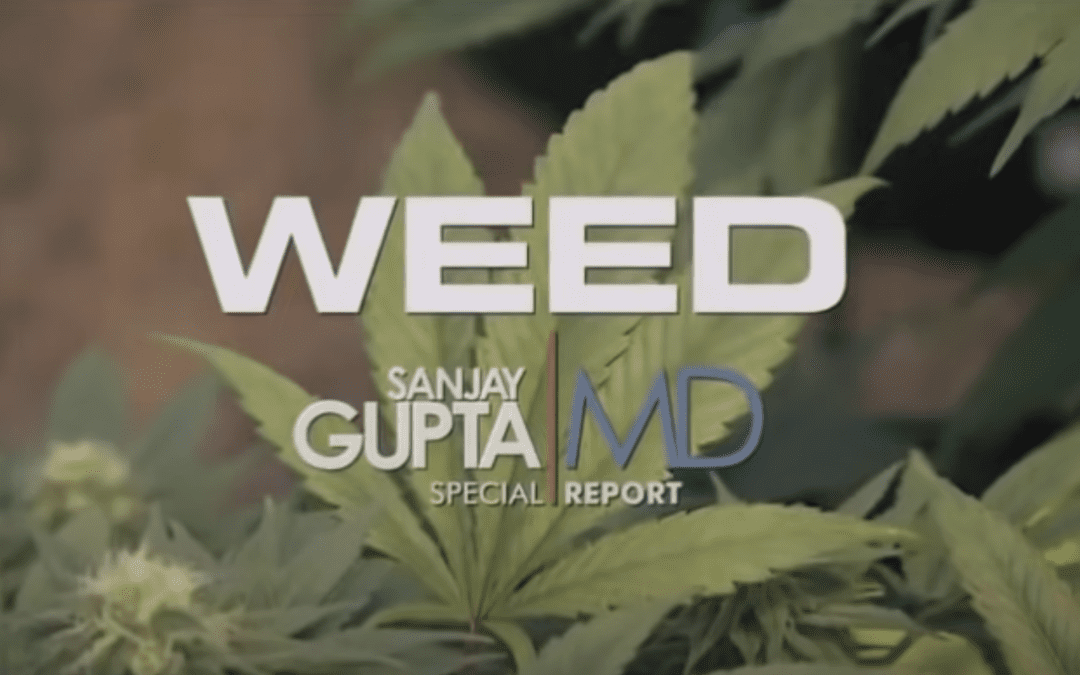

Weed: Revisiting the captivating series hosted by Dr. Sanjay Gupta
Step into a realm where the vibrant green leaves of a plant hold not just the promise of transformation, but a catalyst for societal change. In the backdrop of a world skeptical yet curious, “Weed,” the mesmerizing series guided by the esteemed Dr. Sanjay Gupta, unfolds its narrative. Beyond its captivating storytelling lies a landmark endeavor that challenged perceptions, stirred conversations, and sparked a revolution in the realm of medical science. With a masterful blend of painstaking research, heartrending narratives, and insights from the brightest minds, this seven-episode odyssey embarks on an unprecedented exploration of medical cannabis. As the series aired, it ignited fervent discussions, captivating both public and critical acclaim. “Weed” was more than a documentary; it was a beacon that illuminated the potential to rewrite medical paradigms and the ways in which cannabis could be harnessed for healing. Its impact rippled through society, reshaping attitudes and inspiring advancements in cannabis research, legislation, and compassionate patient care.
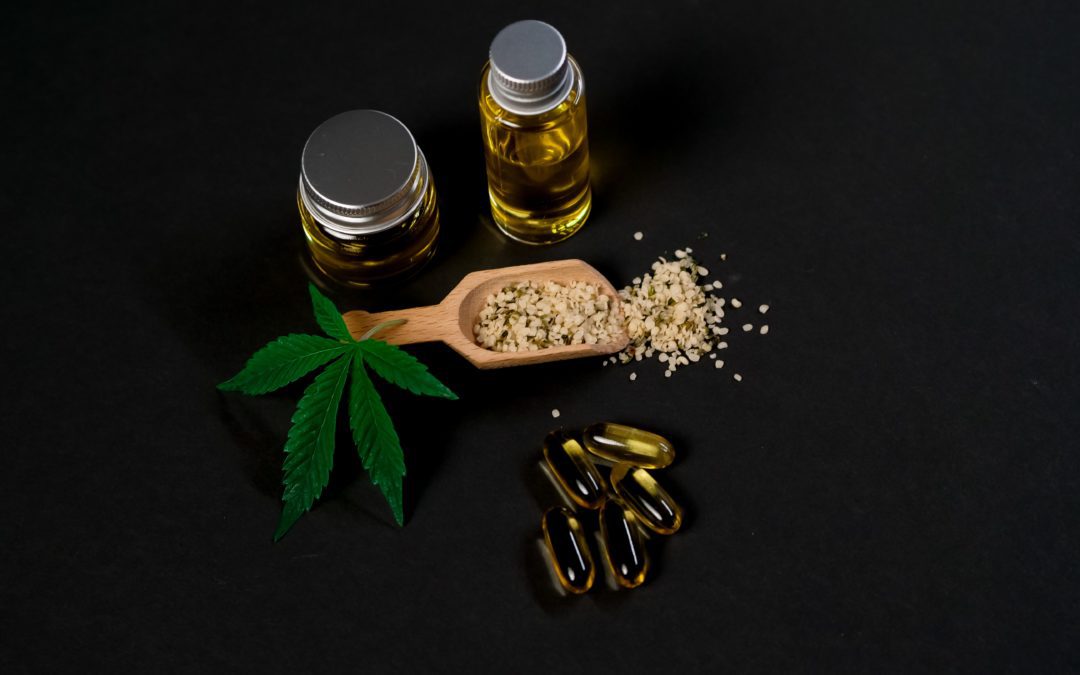

National CBD Day: Exploring the Evolution, Science, and Celebration of CBD
In the dynamic world of wellness and natural health, National CBD Day, observed annually on August 8th in the United States, has gained prominence as a day of reflection and appreciation for the journey and significance of cannabidiol (CBD). This compound, derived from the cannabis plant, has transcended its mysterious origins to become a symbol of holistic well-being and a catalyst for widespread conversations about alternative remedies. This comprehensive blog post delves deeper into the history, science, and multifaceted ways of celebrating National CBD Day.


How to Calculate the THC Content in Your Cannabis-Infused Recipes
If you are someone who loves cooking and is also a fan of cannabis, then cannabis-infused recipes might be something that you enjoy. However, it is important to calculate the THC content in your cannabis-infused recipes to ensure that you are consuming the right dosage. In this article, we will guide you through the process of calculating the THC content in your cannabis-infused recipes with the help of Yes Cannabis.
Glossary of Terms
If you’re new to the world of cannabis products, you may find that the industry has a wide range of terminologies that can be overwhelming. To help you make sense of it all, we’ve put together a comprehensive glossary of terms below.
Alcohol Extraction: A method of extracting cannabinoids from the hemp plant using alcohol as a solvent. This artisanal process can produce high-terpene CBD oil by using whole-plant material in smaller batches.
Broad Spectrum: CBD products that contain a wide range of cannabinoids and other beneficial compounds from the hemp plant, excluding THC. They offer the potential benefits of multiple cannabinoids without the psychoactive effects of THC.
Cannabinoids: Chemical compounds found in the hemp plant, including CBD, THC, CBC, CBG, and CBN, which interact with the body’s endocannabinoid system to support normal immune and nervous system functioning.
Capsules: CBD products in the form of easy-to-swallow pills, providing a convenient and consistent dose of CBD for on-the-go use.
CBC (Cannabichromene): A phytocannabinoid found in the hemp plant that may help improve recovery from exercise-induced inflammation and support overall well-being.
CBD (Cannabidiol): A non-psychoactive compound found in the hemp plant, known for its potential health benefits, including promoting a sense of calm, supporting recovery from exercise-induced inflammation, and aiding healthy sleep cycles.
CBG (Cannabigerol): A phytocannabinoid produced by the hemp plant that may help ease everyday stress and support a balanced mood.
CBN (Cannabinol): Another beneficial phytocannabinoid produced by the hemp plant, which, together with CBD, may help improve sleep quality and promote relaxation.
Certificate of Analysis: A document providing laboratory analysis results for cannabinoid-related products, including information on the product’s cannabinoid profile, potency, and purity.
Certified B Corporation: A certification for companies that meet strict regulations and demonstrate a commitment to balancing profits with social and environmental impact. Charlotte’s Web achieved Certified B Corporation status in 2020, reflecting their dedication to making a positive difference.
CO2 Extraction: The most commonly used method to extract cannabinoids from the hemp plant using supercritical carbon dioxide. This targeted extraction process efficiently preserves the beneficial compounds while minimizing the presence of impurities.
Endocannabinoid System: A bodily system responsible for regulating various processes, such as sleep, mood, appetite, and immune response. It interacts with cannabinoids, including CBD, to help maintain homeostasis (balance) in the body.
Entourage Effect: The synergistic effect produced by the combination of various compounds in the hemp plant, enhancing the overall effectiveness of full-spectrum CBD products compared to isolated CBD.
Flavonoid: Plant compounds found in full-spectrum CBD products that have beneficial antioxidant effects, potentially supporting overall well-being.
Full-Spectrum: CBD products that contain all the beneficial compounds from the hemp plant, including cannabinoids, terpenes, flavonoids, and more. This comprehensive combination of compounds is believed to enhance the therapeutic potential through the entourage effect.
GMO: Genetically Modified Organisms, which are plants altered using genetic engineering. Charlotte’s Web offers only GMO-free hemp oil, ensuring a natural and unmodified product.
Gummies: CBD-infused gummy candies, providing a tasty and convenient way to consume CBD. They come in various flavors and doses, offering a fun alternative for those who prefer not to use CBD oil.
Hemp Extract: Extract derived from the hemp plant containing various beneficial compounds, including CBD, other cannabinoids, terpenes, and flavonoids. It is used to create a wide range of CBD products.
Isolate/Distillate: CBD isolate refers to pure CBD extract with all other compounds removed, while CBD distillate contains a broad range of cannabinoids, terpenes, and flavonoids, excluding THC. Both forms are used in various CBD products.
Liposomes: Lipid-based carriers used to enhance the absorption and bioavailability of CBD. They can improve the body’s ability to absorb CBD and make it more efficient.
Microdosing: Consuming small, controlled doses of CBD throughout the day, typically with the goal of maintaining a consistent level of CBD in the system.
MCT (Medium-Chain Triglyceride) Oil: A type of fatty acid derived from coconut oil and often used as a carrier oil in CBD products. MCT oil helps improve CBD absorption and bioavailability.
Melatonin: A hormone produced by the body that regulates sleep-wake cycles. CBD products infused with melatonin may assist in improving sleep quality and promoting a healthy sleep routine.
Nanoemulsion: A technique that breaks down CBD particles into tiny droplets, increasing their water-solubility and enhancing their absorption and bioavailability.
Natural: CBD products made from naturally grown hemp plants without the use of synthetic chemicals, pesticides, or herbicides.
Organic: CBD products made from hemp plants grown without the use of synthetic fertilizers, pesticides, or genetically modified organisms (GMOs), following organic farming practices.
Pesticide-Free: CBD products that are tested to ensure they do not contain harmful levels of pesticides or other agricultural chemicals.
Phytocannabinoids: Naturally occurring cannabinoids found in plants, including CBD and THC. These compounds interact with the body’s endocannabinoid system to support overall well-being.
Potency: The concentration and strength of cannabinoids, such as CBD, in a CBD product. Potency is typically measured in milligrams (mg) and indicates the amount of CBD per serving or dose.
Premium Hemp Extract: A high-quality CBD extract derived from organic hemp plants, carefully cultivated and processed to maintain the plant’s beneficial compounds.
Proprietary Genetics: Unique hemp plant strains developed through selective breeding to produce specific cannabinoid profiles, flavors, and aromas. Charlotte’s Web has proprietary genetics that have become renowned in the industry.
Psychoactive: Referring to substances or compounds that affect the mind, mood, or behavior. CBD is non-psychoactive, meaning it does not produce the intoxicating effects associated with THC.
Roll-Ons: CBD-infused products that come in a roll-on bottle for convenient application to the skin. They are designed for targeted relief and can be easily applied to specific areas of the body.
Seed-to-Shelf Control: A comprehensive approach that ensures quality control at every stage of the CBD production process, from cultivation to extraction, manufacturing, and distribution.
Sleep: CBD products specifically formulated to promote healthy sleep patterns and support restful sleep by combining CBD with other sleep-enhancing ingredients like melatonin.
Sports Cream: A CBD-infused topical cream designed to provide temporary relief from muscle soreness, joint discomfort, and exercise-related inflammation. It is often used by athletes and fitness enthusiasts.
Strains: Different variations or breeds of the hemp plant, each with its unique combination of cannabinoids, terpenes, and other compounds. Strains can produce varying effects and flavors.
Sublingual: A method of consuming CBD oil by placing it under the tongue, allowing for faster absorption into the bloodstream through the sublingual glands.
Terpenes: Aromatic compounds found in plants, including the hemp plant, that contribute to their distinct flavors and scents. Terpenes may also have their own health benefits and synergize with cannabinoids.
THC (Tetrahydrocannabinol): The primary psychoactive compound found in cannabis. In hemp-derived CBD products, THC levels are typically below 0.3%, resulting in no psychoactive effects.
Third-Party Testing: Independent laboratory testing performed on CBD products to verify their potency, purity, and safety. This ensures that the product meets quality standards and is free from contaminants.
Tinctures: Liquid CBD extracts made by infusing CBD-rich hemp flowers or isolate into alcohol, oil, or glycerin. They are typically consumed sublingually for fast and efficient absorption.
Topicals: CBD-infused products, such as creams, balms, and lotions, designed to be applied directly to the skin for targeted relief of muscle discomfort or skin conditions.
Transparency: A commitment to open and honest communication, providing clear information about a company’s processes, ingredients, and testing practices. It builds trust and ensures consumers can make informed decisions.
Vegan: CBD products that are free from any animal-derived ingredients and have not been tested on animals. They align with a vegan lifestyle and ethical considerations.
Water-Soluble: CBD products that have been processed to dissolve easily in water, improving their bioavailability and making them suitable for formulations such as beverages.
Wellness: A holistic approach to health and well-being that focuses on achieving balance and optimal functioning of the body, mind, and spirit. CBD is often used as a natural supplement to support overall wellness.
Whole Plant: CBD products that utilize the full spectrum of compounds found in the hemp plant, including cannabinoids, terpenes, flavonoids, and more. This maximizes the potential benefits through the entourage effect.
Zero THC: CBD products that have undetectable levels of THC, typically below the 0.001% threshold. They are ideal for those seeking the potential benefits of CBD without any THC exposure.
0.3% THC: Refers to the legal limit of THC content in hemp-derived CBD products. This trace amount of THC is not enough to produce psychoactive effects but may still have potential health benefits.
Newsletter


